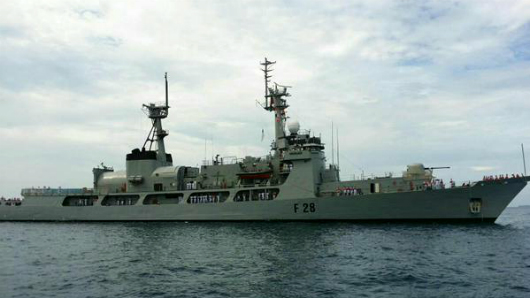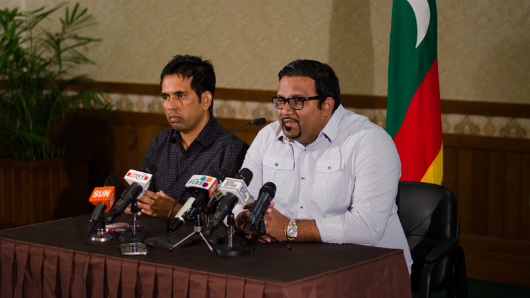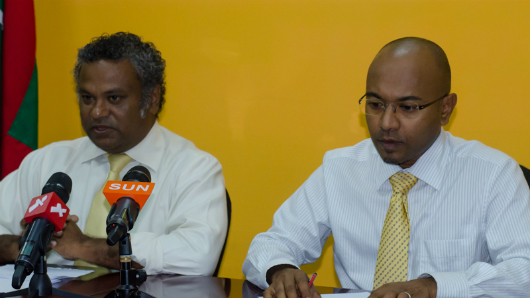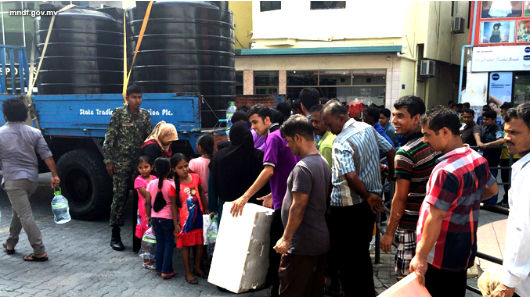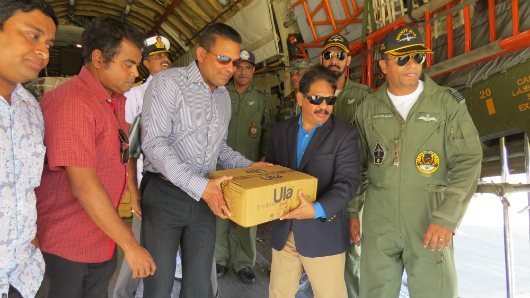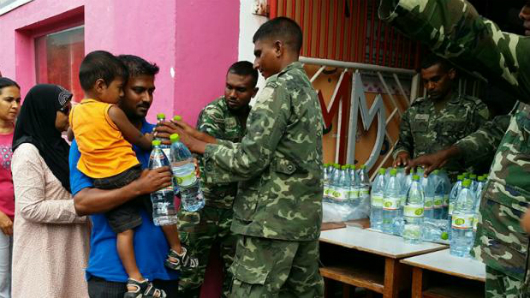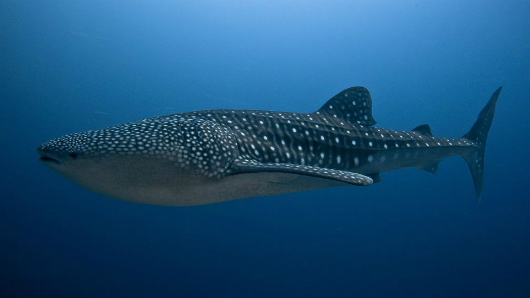The Maldivian Democratic Party (MDP) has requested a stay order to stop the Majlis vote this afternoon to remove two of the country’s seven Supreme Court judges.
The opposition has asked the Civil Court to halt the 1:30pm vote and examine the process by which the Judicial Services Commission (JSC) recommended the dismissal of Chief Justice Ahmed Faiz and Justice Musthasim Adnan.
The Civil Court yesterday issued a resolution condemning the move, stating that the People’s Majlis had “forced” the JSC to deem Faiz and Adnan unfit for the bench through an “unconstitutional” amendment to the Judicature Act.
Amendments to the act were passed in the Majlis last week calling for the reduction of the Supreme Court bench. The JSC – given three days to decide upon the judges to be removed – opted for Faiz and Adnan within 24 hours.
Former JSC member and whistleblower Aishath Velezinee has said: “The fact that JSC has taken a decision – and that within hours of ratification – shows this is a pre-decided conclusion, a political decision and is not based on any legitimate reasoning.”
“The constitutional duty of JSC is to protect independence of judges and, in my opinion, the JSC should have challenged the unconstitutional amendment. The JSC could have petitioned the High Court to decide on the constitutionality of the amendment.”
Private lawyers have today taken up the case in the High Court, with Hasaan Maaz Shareef, Mohamed Faisal, and Shaheen Hameed also asking for the vote to be halted and for the annulment of what they consider to be unconstitutional changes to the Judicature Act.
Meanwhile, former Attorney General Husnu Suood has also said the amendment is illegal.
“The most important aspect of judicial independence is security of tenure. The amendments brought to the Judicature Act eliminate this attribute. There will be no judicial independence if the Supreme Court judges are at the mercy of the People’s Majlis and the executive.”
“If the Majlis and the president can change the bench as they see fit, this fundamental basis is lost. There will never be judicial independence in the Maldives.”
Security of tenure was introduced in the 2008 Constitution in order to create an independent judiciary, although further requirements to improve the ethical and educational standards of judges were bypassed after the failure of the JSC to implement Article 285.
MDP MP and Majlis Deputy Speaker ‘Reeko’ Moosa Manik last week described the formation of the current Supreme Court bench as a “shameful” political bargain between the MDP and then–opposition parties in 2010.
Civil Society groups have also released statements today expressing alarm at developments, pointing out that the decision will undermine the independence of the judiciary, as well as compromising the judges’ right to defend themselves.
The Maldivian Democracy Network (MDN) has described the proposed removal of the judges as being in contravention of constitutional procedures – “a travesty in the guise of upholding the Constitution”.
“The aforementioned decision has been made contrary to the standard of incompetence for judges issued by the JSC itself. A procedurally irregular decision, such as this, cannot be considered legally binding,” stated the NGO.
MDN also questioned additional amendments to establish High Court branches in the north and south of the country, suggesting that the manner in which the authority to transfer High Court judges had been moved from the JSC to the Supreme Court “gives room to suggest that such changes are politically motivated”.
Meanwhile, Transparency Maldives (TM) – in a statement expressing alarm persistent infringement of the constitution – has questioned the sincerity of what pro-government MPs have described as a move toward judicial reform.
“Any move to reform the judiciary must be sincere and look at the entire judicial system, especially the judicial watchdog body, JSC, so that meaningful and real reform may take place,” said the anti-corruption NGO.
Related to this story
Parliament reduces Supreme Court bench to five judges
JSC recommends dismissal of Chief Justice Ahmed Faiz and Justice Muthasim Adnan
Civil Court condemns move to dismiss Chief Justice Faiz and Justice Adnan

